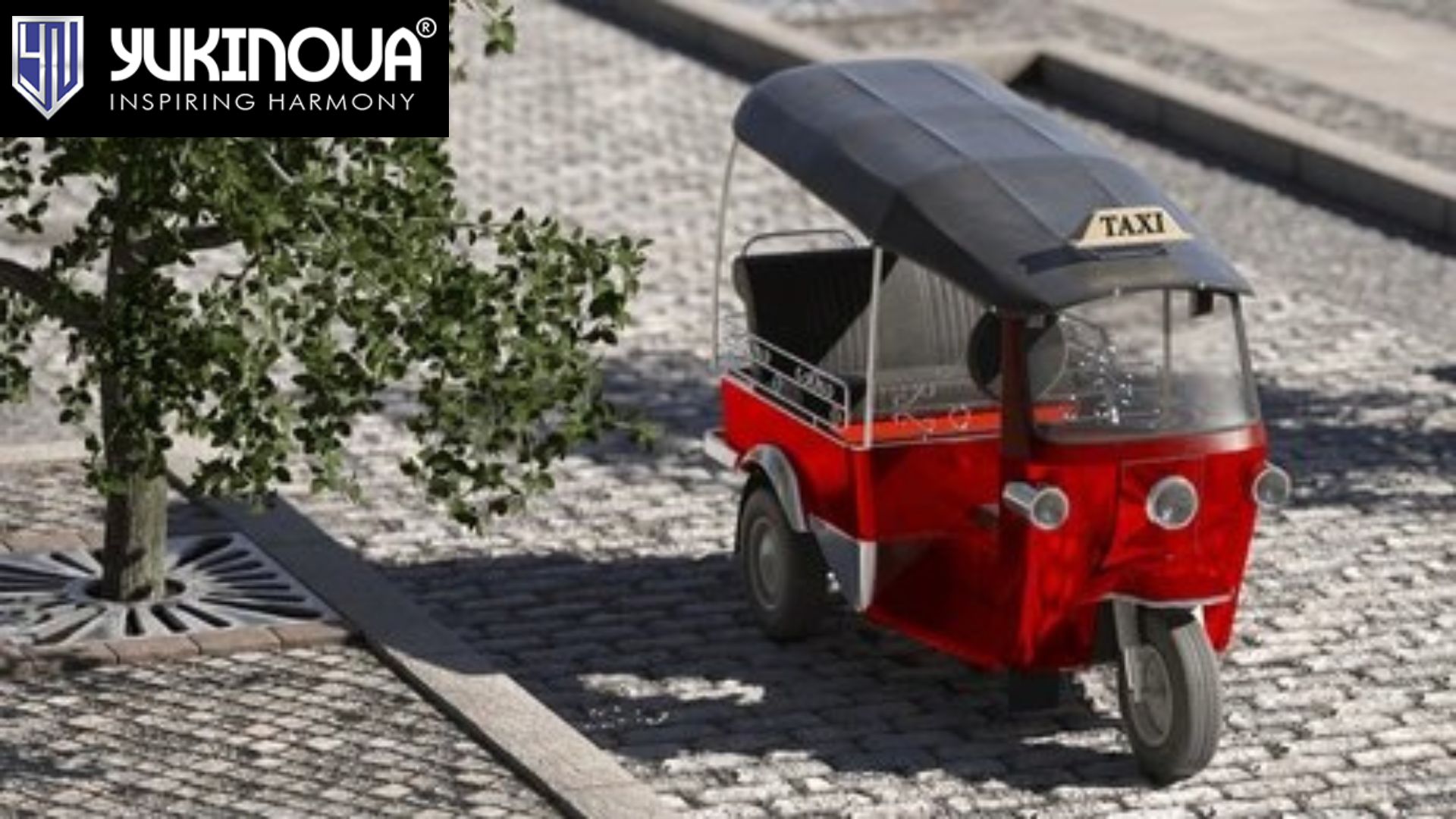In recent years, India has witnessed a significant shift towards electric vehicles (EVs), particularly in the last-mile transportation sector. Among the many innovations driving this transformation, lithium-ion batteries are at the forefront. These batteries are not only more efficient and environmentally friendly than traditional lead-acid batteries, but they are also transforming the landscape of urban transportation. One of the most impactful applications of lithium-ion technology is in three-wheeler vehicles, especially electric rickshaws, which have become a cornerstone of India’s last-mile connectivity.
The Growing Need for Sustainable Last-Mile Transportation
In India, last-mile transportation is a crucial component of the logistics and public transport ecosystem. The demand for efficient, affordable, and eco-friendly transportation options is increasing, especially in urban areas. Electric three-wheelers, commonly known as e-rickshaws, play a significant role in filling this gap. These vehicles offer a cleaner, quieter, and more cost-effective alternative to traditional petrol and diesel-powered rickshaws.
As the demand for e-rickshaws increases, so does the need for reliable power sources to ensure their efficient operation. This is where three-wheeler lithium batteries come into play.
The Advantages of Three-Wheeler Lithium Batteries
- Enhanced Efficiency and Range
Lithium-ion batteries offer significant advantages over traditional lead-acid batteries. One of the key benefits is higher energy density, which means that lithium-ion batteries store more energy in less space. This results in longer travel distances on a single charge, making them ideal for last-mile transport, where range and uptime are crucial. E-rickshaws powered by lithium-ion batteries can travel longer distances without frequent recharging, providing more efficient service for drivers and passengers alike. - Faster Charging Times
Unlike lead-acid batteries, which can take hours to recharge, lithium-ion batteries offer faster charging times. This means that e-rickshaw drivers can quickly get back on the road, reducing downtime and increasing their earning potential. With better charging infrastructure becoming more widespread across India, this advantage is becoming more accessible to drivers and fleet operators. - Lower Operating Costs
Another significant benefit of lithium-ion batteries is their lower operating costs. While the initial investment in a lithium-ion battery may be higher, its longer lifespan and reduced maintenance requirements make it a more cost-effective option in the long run. Since lithium-ion batteries last longer and require less maintenance than their lead-acid counterparts, drivers and fleet operators can save money over time on replacements and repairs. - Eco-Friendly and Sustainable
With growing concerns about pollution and climate change, the demand for eco-friendly solutions is more pressing than ever. Lithium-ion batteries are greener than lead-acid batteries as they emit fewer greenhouse gases and are more recyclable. By replacing traditional fuel-powered rickshaws with electric three-wheelers powered by lithium batteries, India can make a significant reduction in its carbon footprint and air pollution.
The Role of Yukinova in the Evolution of Three-Wheeler Lithium Batteries in India
At Yukinova, we are committed to providing high-performance lithium-ion batteries designed specifically for three-wheelers in India. Our batteries are engineered to offer superior performance, longevity, and efficiency, ensuring that e-rickshaws can operate at their best while keeping operational costs low. We understand the unique needs of last-mile transportation and have tailored our solutions to meet those needs.
By adopting three-wheeler lithium batteries from Yukinova, fleet operators and individual drivers can experience significant improvements in their vehicle’s performance, while contributing to a cleaner and more sustainable future for India’s transportation sector.
Conclusion
The introduction of lithium-ion batteries has revolutionized the last-mile transportation sector in India, particularly for electric three-wheelers. With their numerous benefits, including improved efficiency, faster charging, lower operating costs, and eco-friendliness, three-wheeler lithium batteries are poised to reshape the future of urban transportation. As a leading three-wheeler lithium battery manufacturer in India, Yukinova is proud to be part of this exciting journey, providing innovative solutions for a cleaner, more sustainable tomorrow.
By embracing these cutting-edge technologies, India is taking significant steps toward creating a more sustainable, energy-efficient transportation ecosystem.
